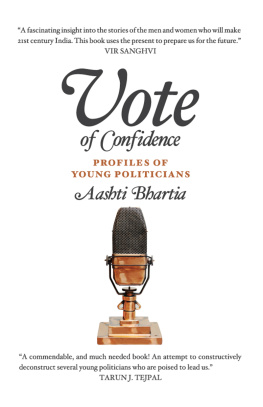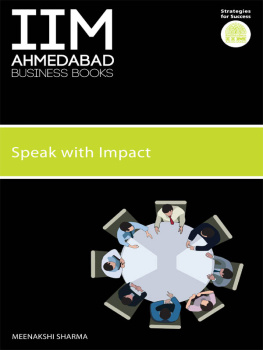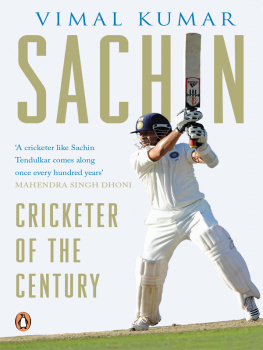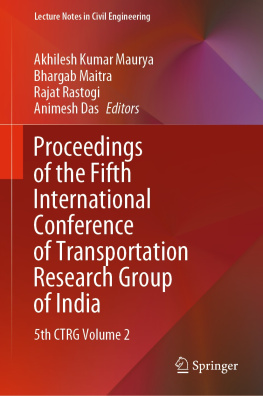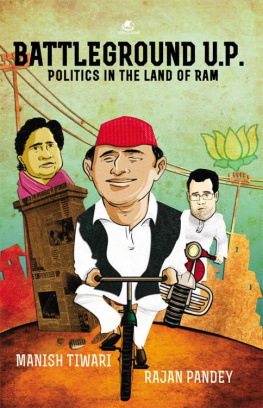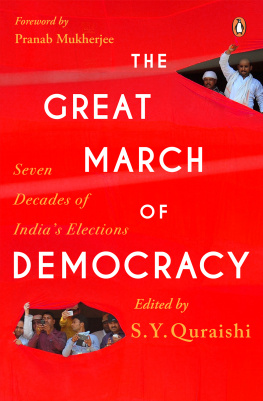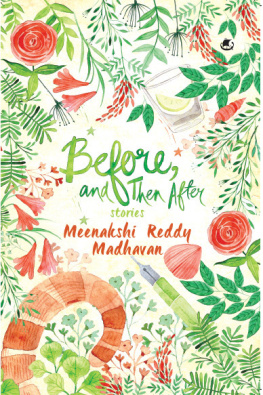Photo Credits:
Ravi Batra: Pages 18, 34, 48, 62, 76, 90, 120, 134, 158, 170, 186, 198
The Hindu: Page 90
Getty Images: Page 144
Ashwinee Kumar Pati: Page 170
Janardhana Swamy: Page 104
Lotus Collection
Aashti Bhartia 2012
All rights reserved. No part of this publication may be reproduced or transmitted, in any form or by any means, without the prior permission of the publisher.
First published in India in 2012
The Lotus Collection
An imprint of
Roli Books Pvt. Ltd
M-75, Greater Kailash II Market, New Delhi 110 048
Phone: ++91 (011) 40682000
Fax: ++91 (011) 2921 7185
E-mail: info@rolibooks.com
Website: www.rolibooks.com
Also at Bangalore, Chennai & Mumbai
Cover: Eisha Chopra
Layout: Sanjeev Mathpal
Production: Shaji Sahadevan
ISBN: 978-81-7436-879-9
Introduction
I had written a long piece on Amar Singh in August 2009 and put it up on a blog. Amar Singh was very sick at that time. The General Elections had finished a few months earlier and the Samajwadi Party (SP) had fallen in Uttar Pradesh to twenty-three seats, from thirty-five in 2004. Amar Singh was brooding over the results. His hatred for Azam Khan and his fondness for Jaya Prada misguided him, he admitted. It became an ego fight. Singh spent the election making sure Azam Khan, his own SP candidate, lost. He also lost sight of the larger election, Singh said in regret, and seven or eight other seats, which the Samajwadi Party could have won, suffered.
It was a rare admission for a politician to make. At the time, Singhs house looked empty but he hadnt been ousted from the SP as yet.
During the interview, Amar Singh said, the Congress had used him like a contraceptive in the Nuclear Deal and flushed him out after a political ejaculation. Later, in a reflective mood, he spoke of his feelings of inferiority while growing up and his relationship with his father. When Singh wanted to go to St. Xaviers College, his father mocked him. When he joined a political party, his father threw him out of the house.
Singh talked about how the idea of proving wrong his arch enemy his father drove him for years. He always needed a powerful enemy, a major crisis, and personal enmity to motivate him, Singh told me, voluntarily revealing his psychological underpinnings, his strongest driver and his greatest weakness.
Singh was so eager to talk that when his wife, Pankaja, interrupted to take him to the hospital, Singh told her to hold on; he wanted to finish the interview first. Later, she insisted and he told me to come with them. I sat beside him, my voice recorder still running in the car all the way to the hospital.
It was after reading this piece on Amar Singh, written after one interview, that Priya Kapoor, my publisher at Roli, called and asked me to write a book on younger politicians.
Profiles of Members of Parliament (MPs) under the age of forty that was my broad brief. The Young MP theme rang a bit clichd at first. However, I was intrigued by the idea of poking around Ministries, figuring out what the young politicians are up to, and clearing the cobwebs of party politics. I realized also that despite all the glossy press on Young MPs, most people didnt know much about them. How did each of them go about elections, what were they doing in their ministries, what were they up to, in general, what did being an MP involve? I was curious to know.
The interview with Amar Singh had been easy and I foolishly assumed that all the profiles would be that simple. The thing about Singh is if you go to him for a story, he hands it to you on a platter political scandal and dark psychological insight, all together.
The younger politicians are much harder to get talking. Many of the lesser known, first time MPs, were hesitant they arent used to telling stories about themselves and are uncertain what to reveal. The young two-term MPs, often second generation politicians, have been interviewed too many times and are weary of journalists. They drop rehearsed sound bytes.

